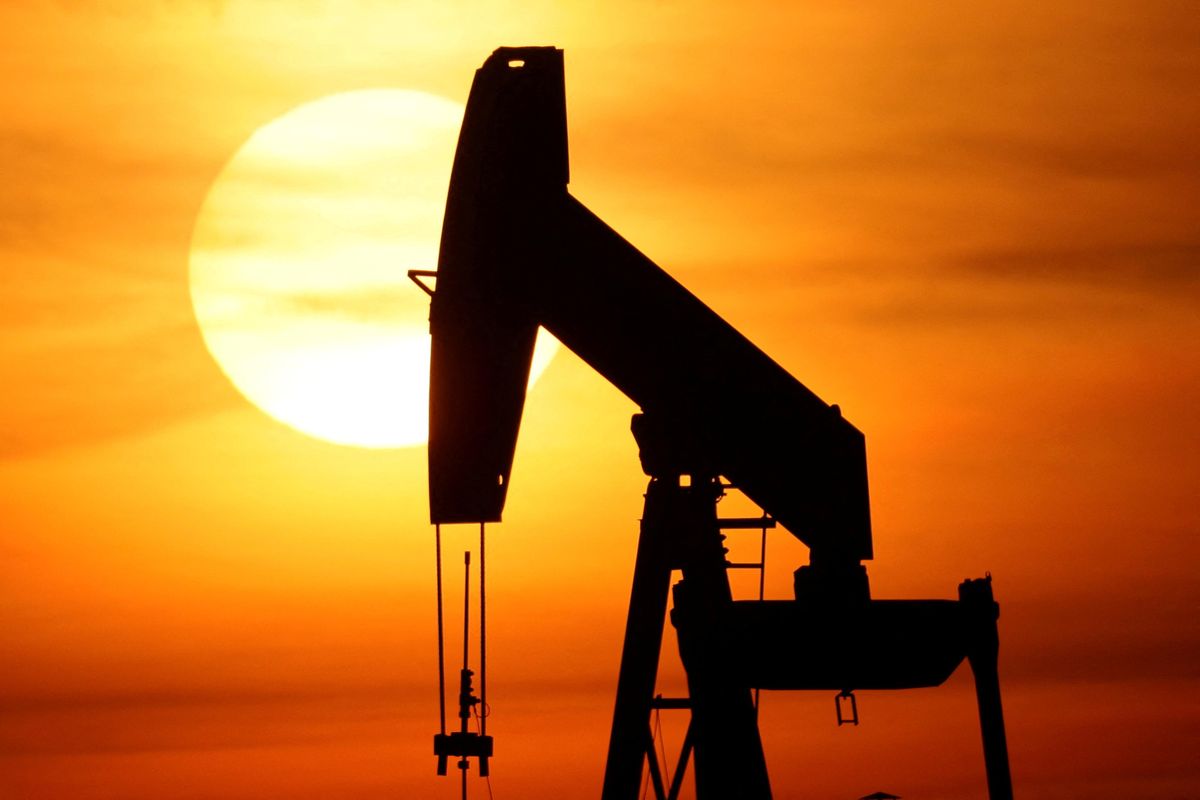We’ve heard dire warnings in recent weeks from oil industry analysts and professionals about how already-high oil prices could rise to record levels in the coming months. Goldman Sachs has increased its price forecast for the second half of the year to $135 per barrel. Trading giant Trafigura predicted that prices could rise even higher to over $150 per barrel.
Underpinning these alarms are fears that the war in Ukraine will lead to a big fall in Russian crude production and exports. Ever since Russia invaded its western neighbor, markets have been on alert for signs of acute disruptions that would squeeze crude supplies.
But what if they are looking in the wrong direction? What if the fixation on the risk of a supply shock (losing Russian barrels) is diverting attention from a very real weakening of global demand for oil?
Recent data suggests that may be the case. Global oil supply has held up remarkably well since the Ukraine war began. Forbearance and sanctions have forced Russia to find alternative buyers for its crude exports. But it has not stopped the flow of Russian oil. The total volume of world oil production is more than sufficient to meet demand.
In fact, weaker-than-expected demand for oil means that the world is actually oversupplied at the moment, to the tune of around 1 million barrels per day, and this overhang is likely to extend through the summer.
Lockdowns in China, a traditional powerhouse of global demand growth, have hit consumption levels there. Given Beijing’s adherence to zero-COVID, tough restrictions seem likely to continue for several months.
Meanwhile, rising interest rates and high inflation are hitting economic growth worldwide, which will further reduce demand for oil. A recession in the US or Europe would only make this situation worse.
To be fair, acute levels of uncertainty and a lack of clear data are clouding markets’ crystal balls, making the future even harder to predict than usual. The fog of war, political pressure to put tougher sanctions on Russia, and very low levels of spare oil in OPEC are creating a dizzying array of political risks.
But once markets start paying more attention to fundamentals, prices could drop. If this attention shift is prompted by signs of even-greater demand weakness, the falloff could be steep. Prices started their latest upward climb from just over $70 per barrel in late December. Demand tends to be stronger in the summer, so prices are unlikely to fall to those levels. But overall, underlying market conditions are not all that different than they were then.
This is not to say that predictions of higher prices will not yet materialize. An EU ban on European and UK insurance companies from providing coverage to worldwide cargo-carrying Russian oil could hit exports hard when it comes into force in late 2022.
But with time to arrange alternatives, Russia and its customers are likely to find workarounds that would keep a lot of oil flowing. The EU ban is also facing political pushback from countries that are taking advantage of discounted crude imports from Russia.
India has been lobbying EU governments to either annul the ban or offer exemptions, and the Biden administration would rather that Europe take steps to deny Russia access to export revenue than force Russian oil off the market completely.
An oil price fall, however, will offer little relief from high gas and diesel prices in the near term. Skyrocketing prices at the pump are the result of a fall-off in refined product exports from Russia, which has prompted emergency hoarding in Europe and China, and from a drop in the world’s refining capacity over the past few years. Cheaper crude prices will do nothing to alleviate these logjams. Neither will higher volumes of oil production.
Reversing refining shortfalls will take increased investment over a number of years. In the meantime, the best hope for bringing down petrol prices would be a significant fall in demand. But as that might mean the world is in recession, it would be little more than small mercies for consumers.





